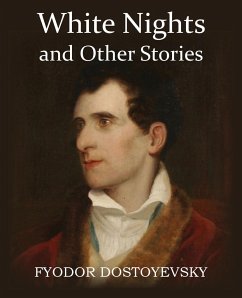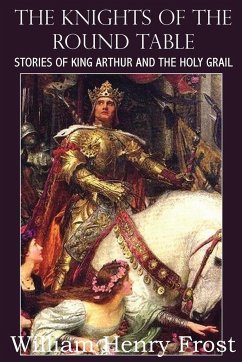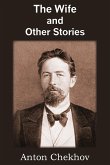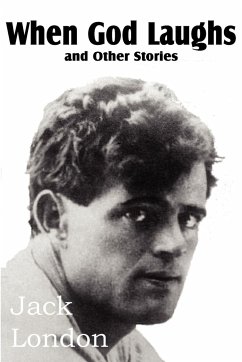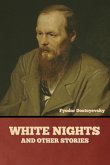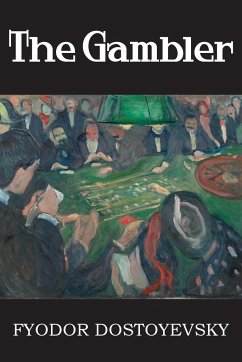White Nights is told in first person by a nameless narrator who lives in Saint Petersburg and suffers from loneliness. He falls in love with a young woman, but the love remains unrequited as the woman misses her lover with whom she is finally reunited. White Nights and Other Stories also includes: Notes from Underground, A Faint Heart, A Christmas Tree and a Wedding, Polzunkov, A little hero, Mr. Prohartchin. Fyodor Dostoyevsky was a Russian writer and philosopher whose literary works explore human psychology in the context of the troubled political, social, and spiritual atmosphere of 19th-century Russia.
Hinweis: Dieser Artikel kann nur an eine deutsche Lieferadresse ausgeliefert werden.
Hinweis: Dieser Artikel kann nur an eine deutsche Lieferadresse ausgeliefert werden.

